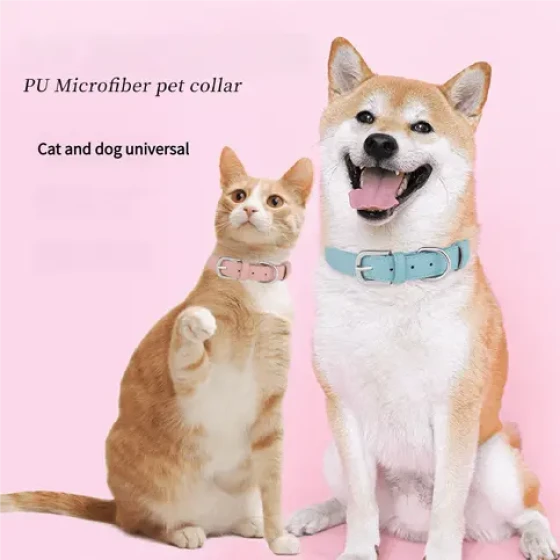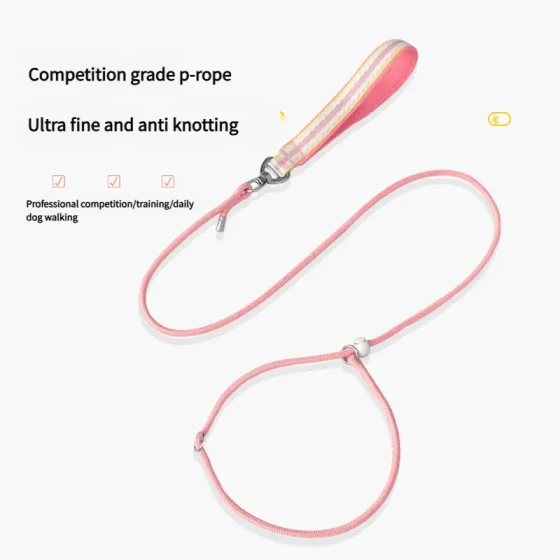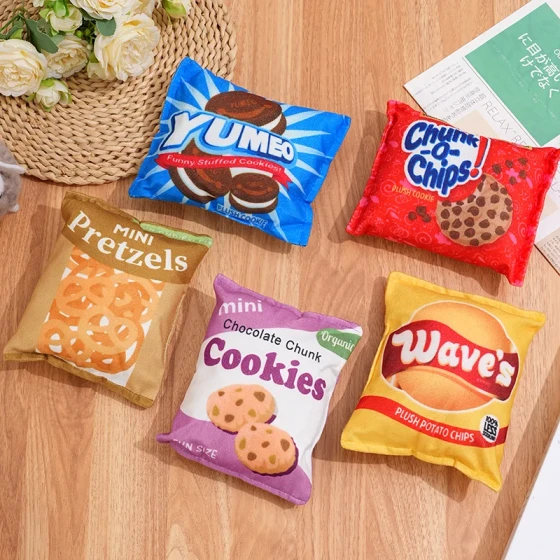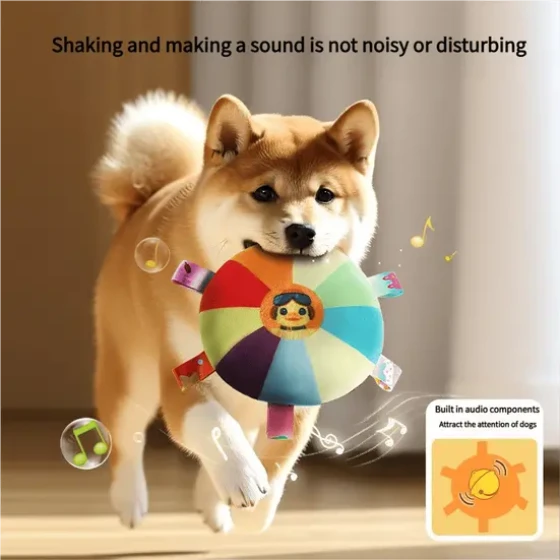Some Practices Beneficial and Harmful to Dog Fur
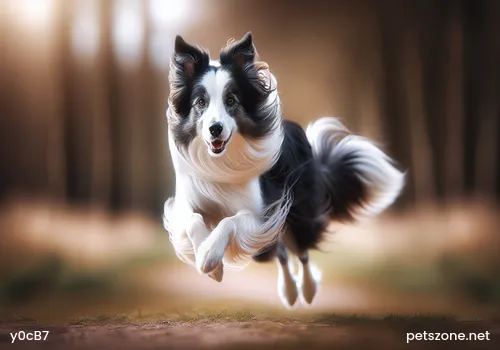
Proper Supplementation of Nutritional Elements
Mixed hair on a dog’s coat is mostly related to the dog’s own genes, but whether the dog’s coat is smooth and shiny is greatly related to the owner's regular care and the dog’s nutrition. To ensure a healthy coat, good nutritional supplementation and proper daily care are indispensable. We need to consider what should and should not be done.
1. Nutritional Supplementation and Proper Care
1. Protein: Sufficient protein can ensure the quality of dog hair growth, making hair grow faster and stronger, and can also improve split ends. Especially for long-haired dogs, adequate protein makes hair less prone to breaking.
Vitamin E: Vitamin E has anti-aging and antioxidant effects. It can enhance the body's immunity, protect the integrity and function of cell membranes, and maintain healthy skin and coat. It also strengthens skin resistance, effectively preventing skin diseases and hair loss in dogs.
Vitamin D: Vitamin D is a key substance for normal bone calcification; it promotes intestinal absorption of calcium and phosphorus and helps the skin and coat absorb and metabolize nutrients.
Fat: Fat is the main substance that ensures the shine of a dog’s coat and helps absorb other nutrients. Lack of fat causes itching, increased dandruff, and rough, dry coat.
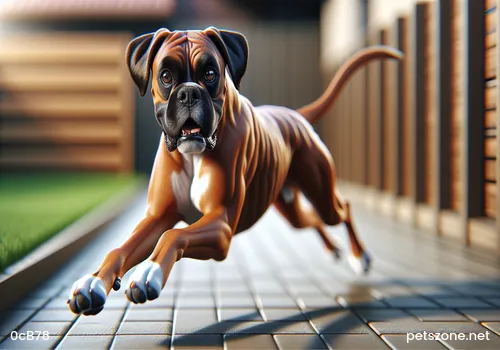
Avoid Frequent Bathing of Your Dog
2. Some Practices Harmful to Dog Fur
1. Feeding dogs a single food for a long time, or a large amount of useless food, not only fails to meet their nutritional needs but may also lead to an excess of certain nutrients, affecting the health of the dog's skin and coat.
2. Frequent bathing of dogs: Some owners love cleanliness very much. Whenever they see dirt that is hard to handle on the dog, they choose to bathe it. However, frequent bathing greatly reduces the protection of natural oils on the coat. Moreover, many owners use non-dog-specific shampoos. The pH value of dog skin is very different from humans’, so using human shampoo can disrupt the dog's skin acid-base balance.
3. Poor mood: Like humans, excessive negative emotions can cause hair loss and worsen hair quality in dogs. It is important to help them maintain a happy mindset by playing with them often. Owners should not be lazy in daily grooming, bathing irregularly, or neglecting dietary improvements for the coat, as this will degrade the dog’s fur quality. Keeping dogs in a happy mood also benefits their skin health.
4. Dry environment: An overly dry living environment causes dogs to lose moisture, leading to dry coat, rough hair, and split ends.
5. Skin diseases: Skin diseases are a major cause of poor dog coat condition because they result in nutritional deficiencies in the affected areas, causing hair loss and related issues. Additionally, skin diseases can cause white hair growth in diseased areas, seriously affecting the dog's appearance. Skin diseases are stubborn and cause persistent itching which leads to excessive fur loss. Therefore, if poor coat quality is caused by skin disease, the primary task is to cure the skin condition.
